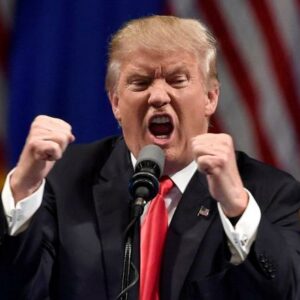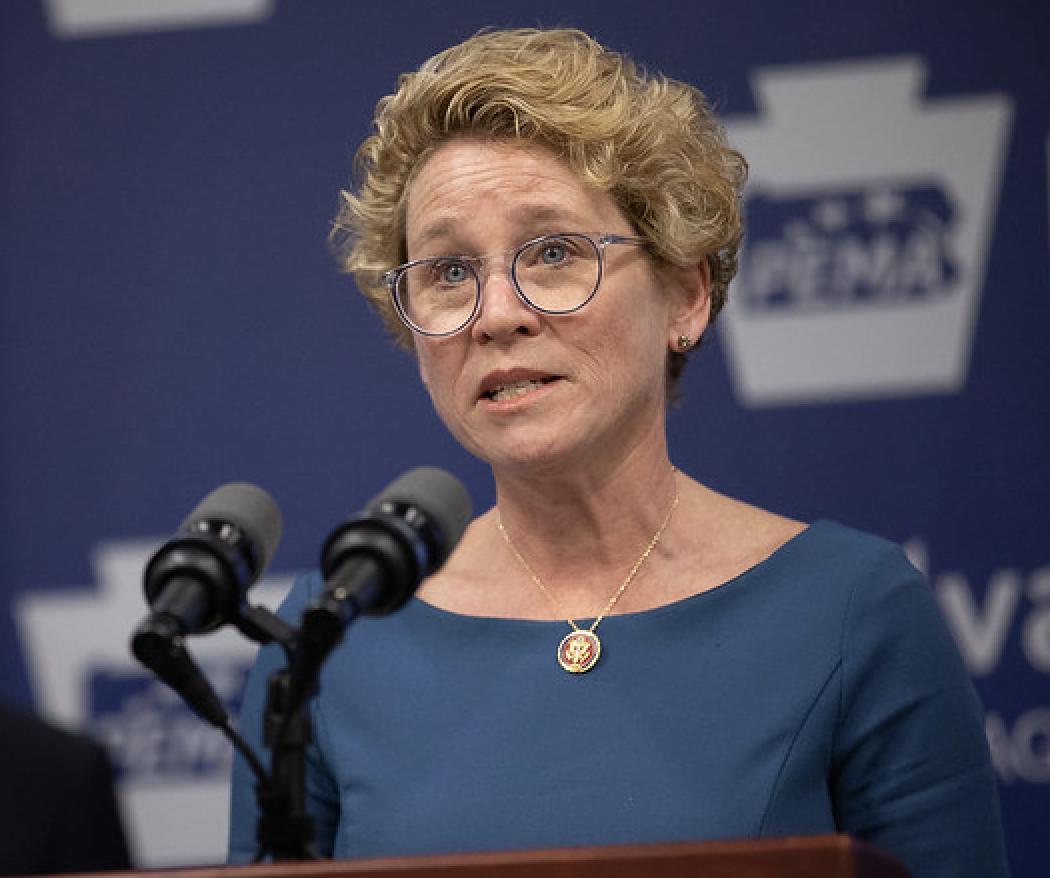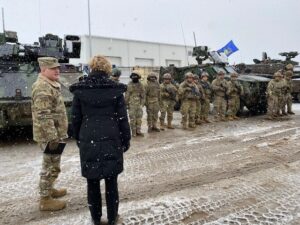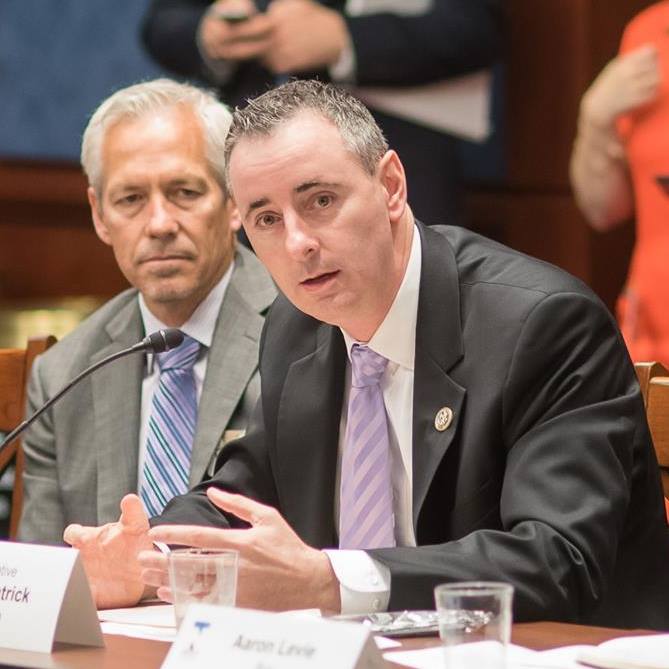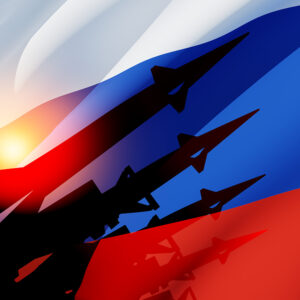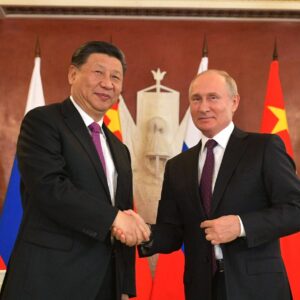PATTERSON: Putin, Biden and Trump
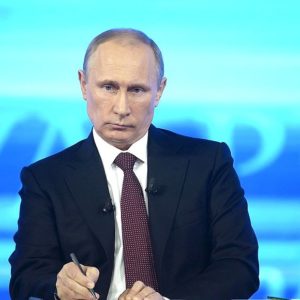
NATO has moved closer to nuclear war with Russia after French president Emmanuel Macron suggested that putting Western troops in Ukraine was a possibility. Russian president Vladimir Putin promptly threatened to end civilization with nuclear strikes in the West.
Macron’s provocative statement came after a summit where 20 European leaders discussed strategic plans for the third year of Russia’s war on Ukraine. The summit could be seen as proof that NATO is not united over Ukraine. These are dangerous times.
President Biden was among NATO leaders who quickly objected to Macron’s idea. The State Department said it “had no plans to put boots on the ground in Ukraine.” Biden’s plans could change if Putin attacks a NATO member.
Former president Donald Trump had spoken earlier when he observed that Russia could do “whatever the hell they want” with NATO. Trump may have thought he was making a factual statement rather than expressing an opinion. Putin no doubt enjoys publicly rebuking France and NATO. Putin claims he has evidence that Germany is preparing for war with Russia. Germany says it is Russian disinformation.
With NATO publicly stating it won’t send troops to help Ukraine president Volodymyr Zelensky, the pressure mounts for an end to the war. Biden wants more and more funding for Ukraine, and Congress wants a diplomatic solution. Zelensky watches anxiously as Ukraine’s time could be running out.
Misstatements and misjudgments by world leaders might be seen as partly responsible for Ukraine’s predicament.
In January 2022, when Biden was asked about the U.S. response if Russia invaded Ukraine, he expressed little concern. He thought a “minor incursion” by Russia into Ukraine might not warrant a response. It was a colossal misstatement that has cost thousands of Ukrainian lives during the last two years.
In October 2022, Biden said that it would be a nuclear Armageddon to confront Putin over Ukraine. Putin might have felt the West was fearful of him. Since then, to paraphrase Trump, Putin has been doing whatever he wants to do with the fearful Biden and NATO in seeming disarray. Ukraine has paid a horrible price.
In 2024, Biden referred to Ukraine as NATO. More recently, he has called Gaza, in the Middle East, Ukraine.
Some members of Congress are asking Biden to find a diplomatic way to end Russia’s war against Ukraine. This might be difficult since Biden recently called Putin “a crazy S.O.B.” It sounds like Biden was channeling Trump’s diplomacy. Biden’s undiplomatic language could worsen Russia’s treatment of American hostages.
Before Macron’s massive misstatement about sending troops into Ukraine, NATO announced that Kyiv had a right, under international law, to strike Russian military targets outside Ukraine. International law may allow this, but recall Biden’s concern about nuclear Armageddon.
Finland, a new NATO member, gifted weapons to Ukraine with the blessing to use them to attack Russia. Germany is debating whether to send its long-range Taurus missiles to Kyiv. Germany’s indecision may be due to concerns about Biden’s nuclear Armageddon comment. If Germany sends Taurus missiles to Ukraine, it could lead to severe escalation in the war. Some analysts have speculated that Putin is looking to expand the war into Europe, especially Poland and the Balkans.
Berlin seems incapable of finding another diplomatic solution to the Russia-Ukraine war. In 2014, then-German chancellor Angela Merkle crafted the elegant Minsk agreements which led to a ceasefire in the war. Where is Germany’s diplomacy in 2024?
It seems that NATO is looking to Washington for diplomatic leadership to end the Russia-Ukraine war, while Washington is looking to Europe for diplomatic leadership. Ukraine is looking to Washington and Europe for military funding and weapons.
Trump says he could end the war “quickly” by talking with Putin. Could Trump charm Putin into a ceasefire? It sounds risky, and it sounds improbable.
After two years of Biden’s failure in Ukraine, his billions in aid, his comment about a nuclear Armageddon, his many misstatements, and his unwillingness to talk with Putin, Trump’s charm appeal to Moscow could be, at this moment, the best hope Ukraine has for a ceasefire.

